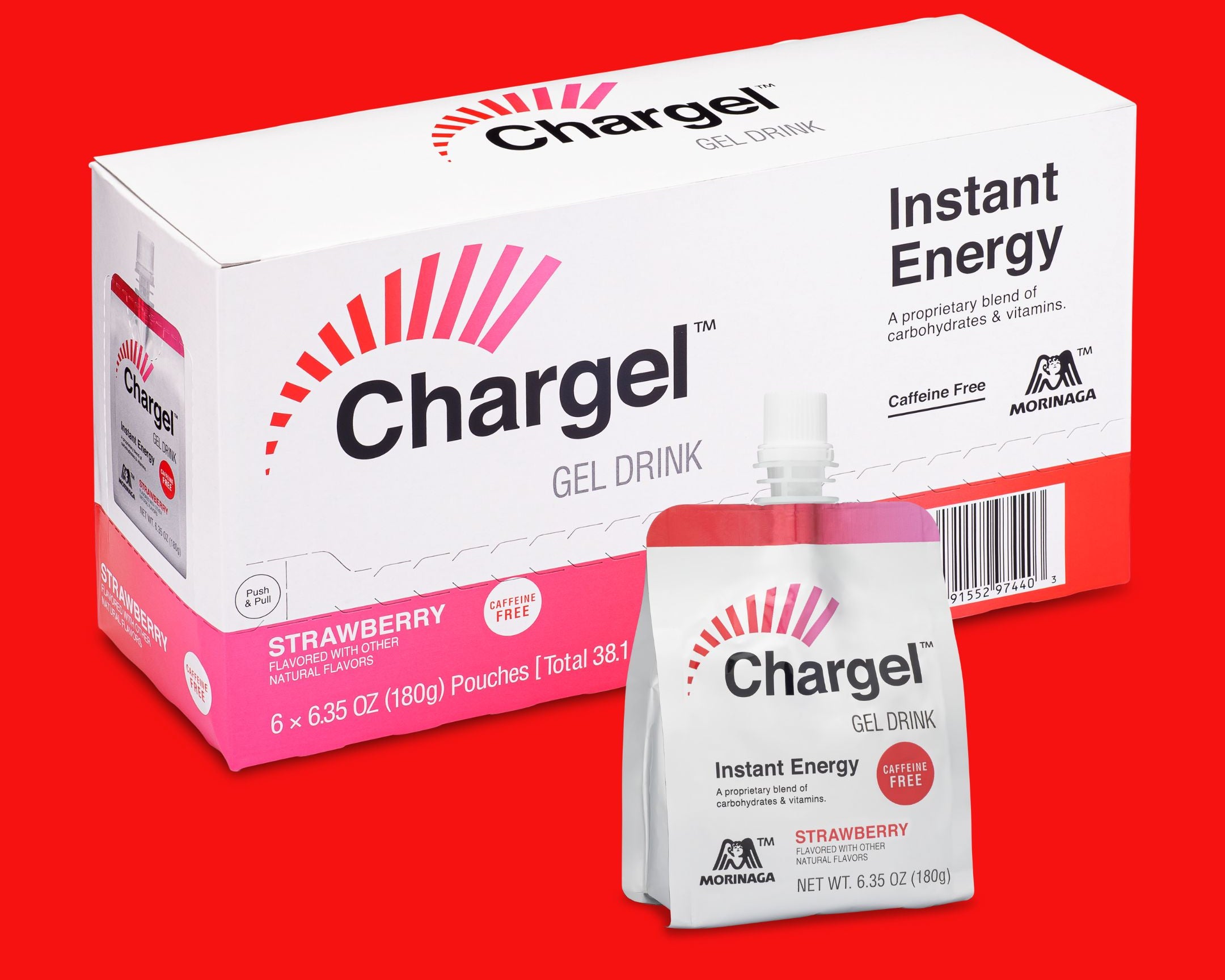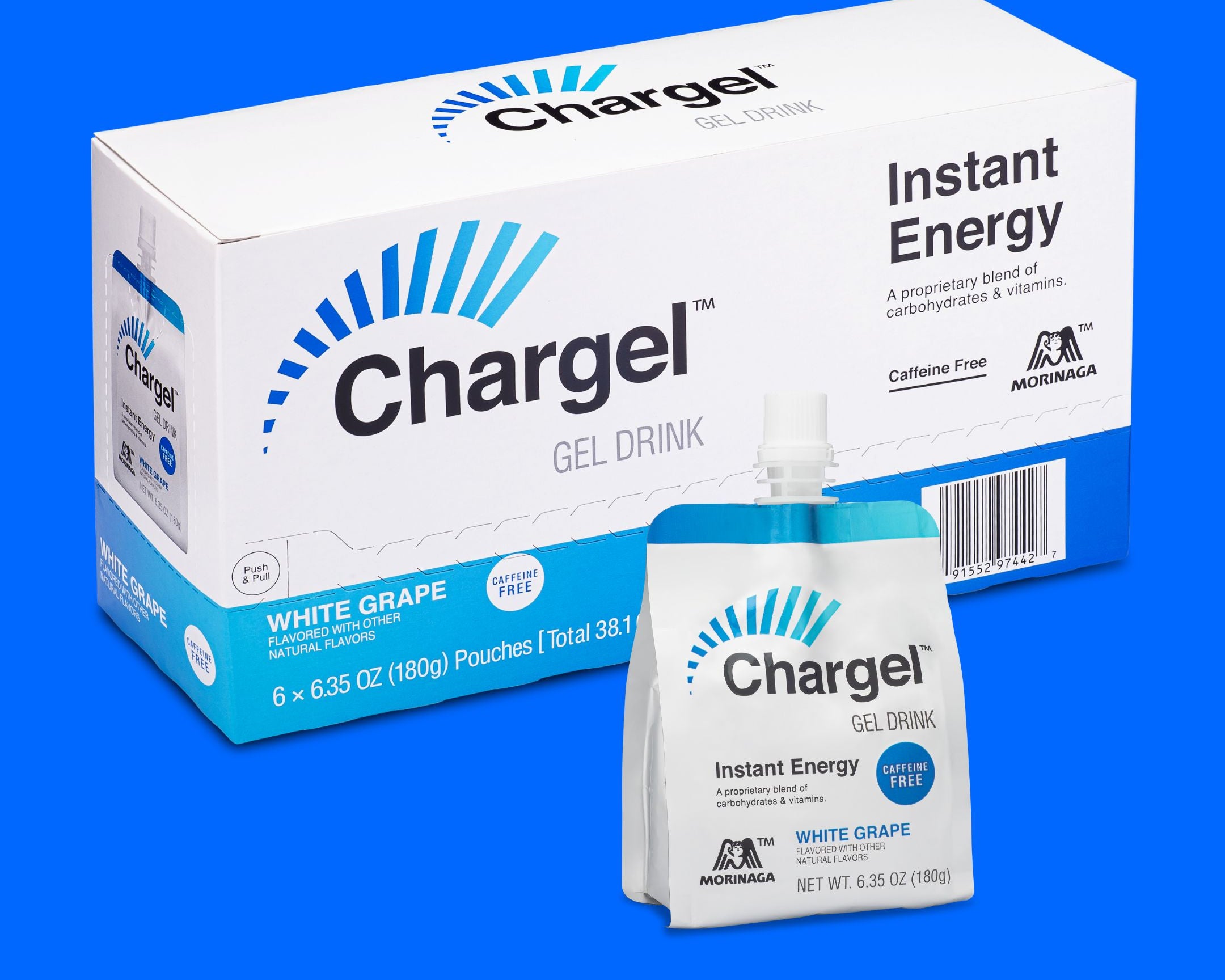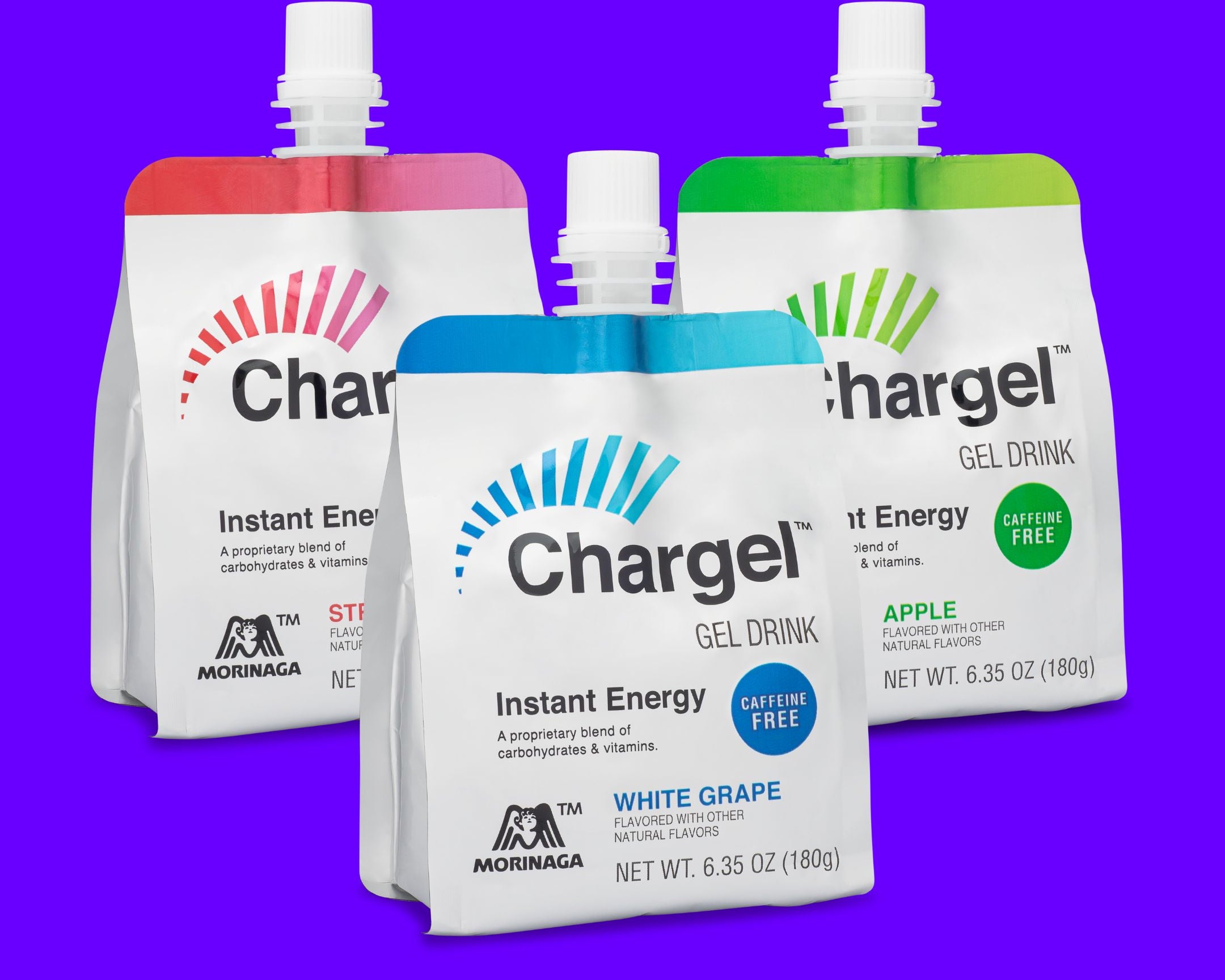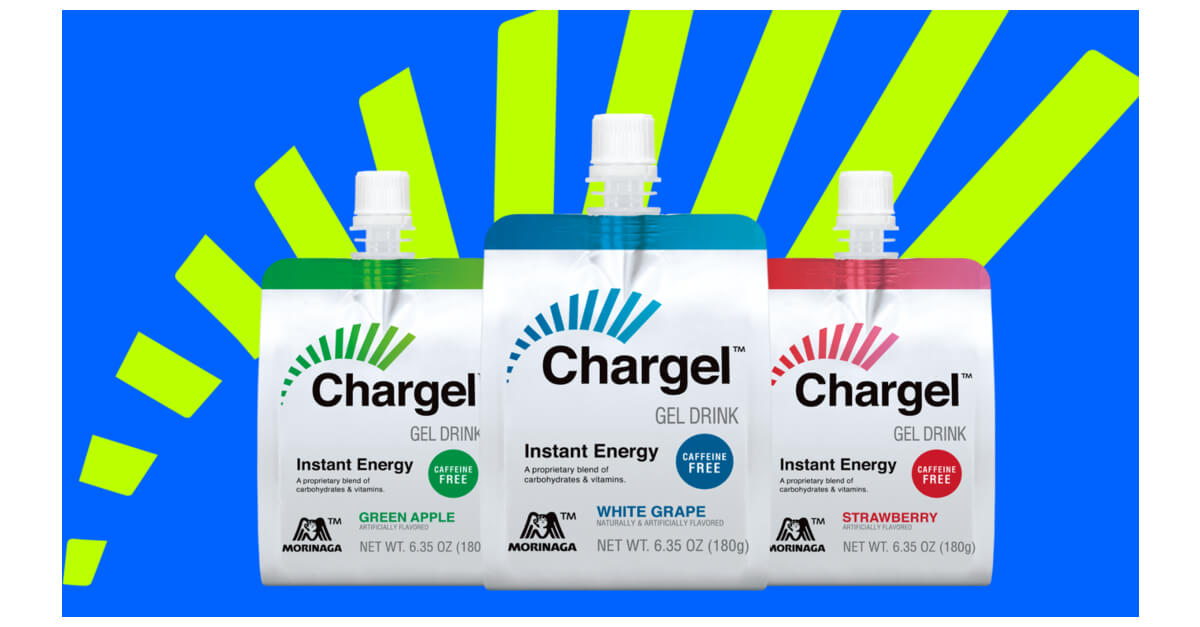It’s the middle of the day, you’re feeling tired, and grab another cup of coffee – but it doesn’t help. Despite sleeping 8 hours last night and having a couple cups of coffee this morning, you still struggle to make it through the school/work day and feel sluggish during your workouts.
Why is this happening? Shouldn’t sleep and coffee give you a lot of energy? The simple answer is, no. Biology can be complicated, and because of that, there are many causes of fatigue, which we’ll discuss.
I’ll start off with the simplest and most common cause of fatigue in athletes: poor nutrition – more specifically, a lack of carbs. The brain is a big muscle, and it runs primarily on glucose. As an athlete, you need A LOT of carbs to make it through intense workouts, work or school, and household activities. When you fail to get enough in throughout the day, the brain can’t function as efficiently – making you feel more tired.
That’s why athletes need to eat carbs at least five times per day – 3 meals and 2 or more snacks. These snacks could be complex, such as cereal or peanut butter toast, or quick-digesting before a workout, such as a Chargel Gel Drink, which provides 45 grams of fast-fueling carbs to pick up your energy quickly and efficiently.

Another common cause of fatigue is overtraining. Now, this may seem obvious – if you exercise too much, you’ll be more tired; but you’d be surprised how many athletes neglect this. If you’re an average adult working a 9-5 and exercising 5-6 days per week, you likely don’t need to worry about overtraining. However, for athletes, there is a fine line between “working hard” and doing too much.
Identifying this line is crucial though, since ignoring the signs of overtraining can result in long-term damage. One of the most obvious signs, as mentioned earlier, is fatigue; but what’s interesting is that despite this exhaustion, overtraining ALSO causes sleep disturbances, which further contributes to feeling tired throughout the day. Make sure to look out for unexplained fatigue, soreness, performance decreases, or even a lack of desire to train. These are all major signs of overtraining, and ignoring them will just hurt your performance even more.
One way to avoid this is by developing a proper plan that includes rest days and deload weeks. Every athlete is different, but for the most part, 1-2 complete off days per week is necessary to assure adequate recovery and mitigate fatigue. Moreover, every 4-6 weeks should be a “deload week”, where you decrease the load and intensity of your training – not quite an “off week”, but not straining hard either. Failure to give your body this proper down time and rest can cause you to feel weaker and more tired from day to day, even with adequate sleep and nutrition.
In the end, the body can only handle so much. Failure to take care of it can shorten your athletic career or limit ability later in life. With that said, the body is VERY smart – so listen to it! If you’re tired, don’t ignore that. Fatigue doesn’t just come out of nowhere; whether it’s a lack of sleep, insufficient carbs, or simply doing too much activity, this exhaustion is your body TELLING YOU that something needs to change – similar to your gas light or check engine light coming on. Do not ignore this! Something I always like to say: “If you don’t give your body a break, it’ll force you to take one”.
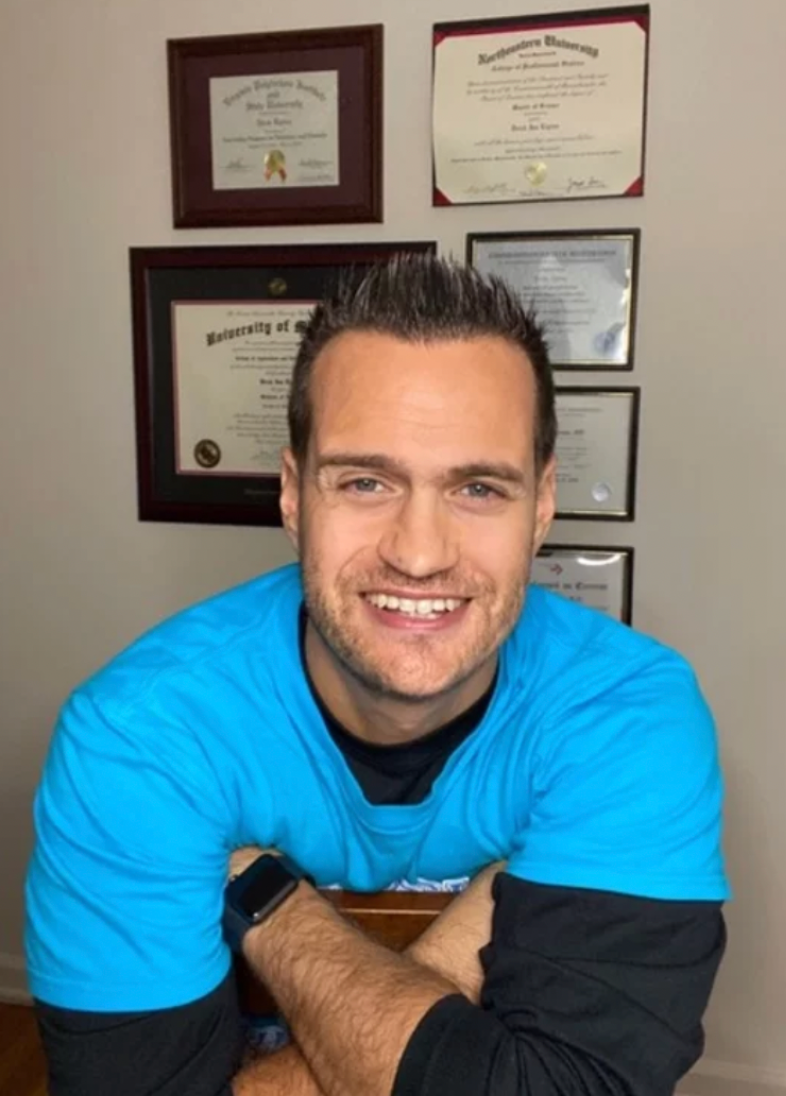
Author Profile: Derek Lipton
Derek Lipton MS RD CSSD CSCC Registered Dietitian, Sports Dietitian, and Strength Coach
Derek is a Sports Dietitian and Strength Coach with several years of experience working with elite athletes all over the world. Prior to starting his own business in 2018, Derek worked with top level Division 1 athletes at both University of Georgia and Duke University, where he gained invaluable experience and education to help athletes perform their best.
Derek uses a balanced approach to nutrition, avoiding fad diets and making sure all foods fit. He believes the best diet plan is the one that incorporates the foods you currently eat, and focusing on portion sizes and filling in the gaps. There is no one-size-fits-all approach, and Derek believes that applying individualization along with specific science creates the most optimal results.
